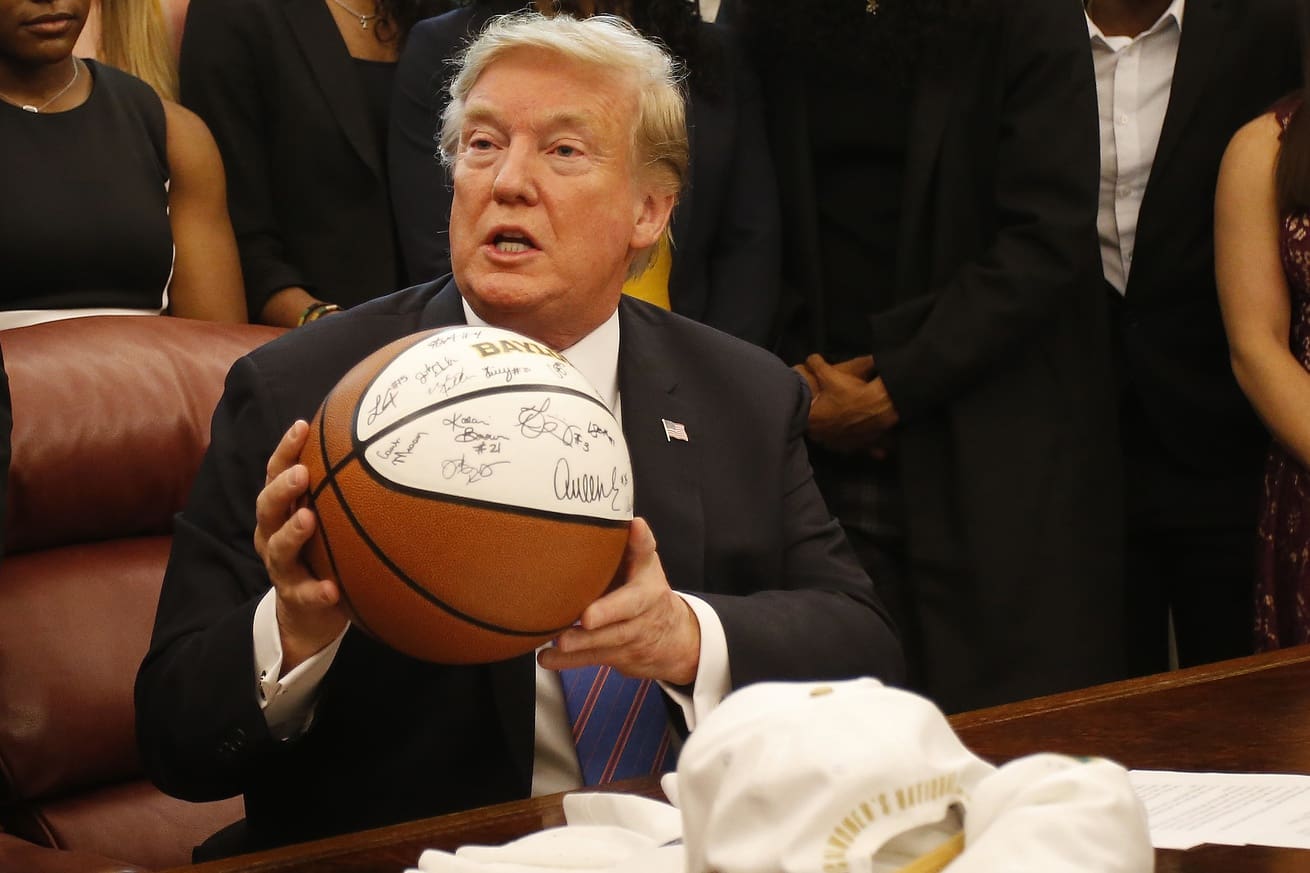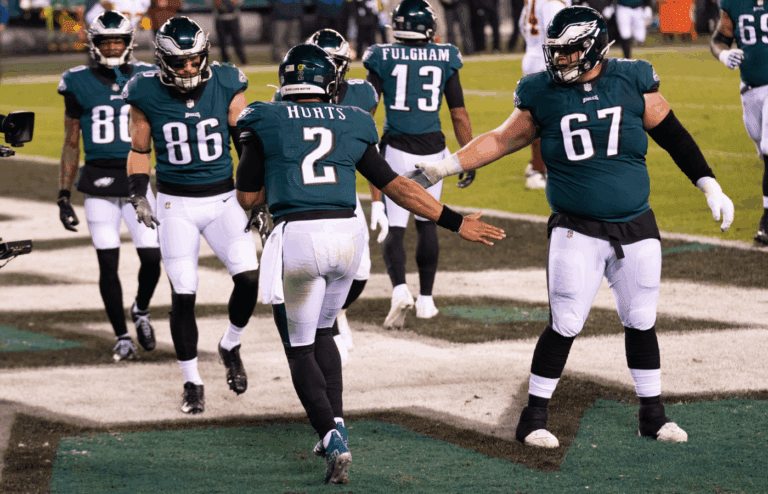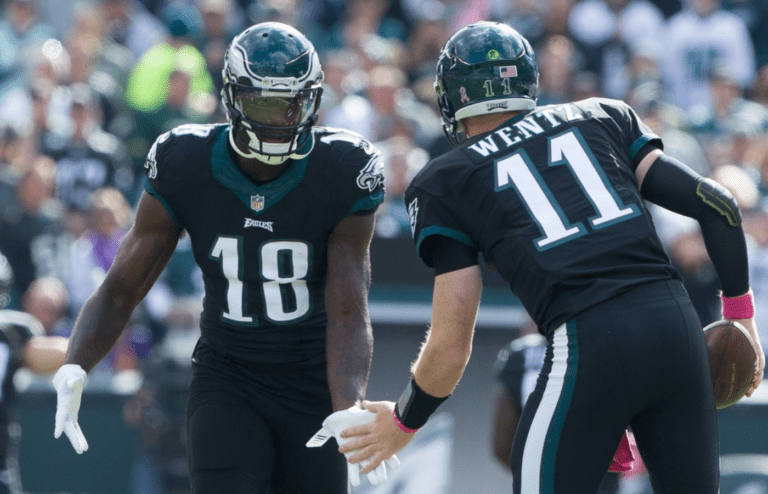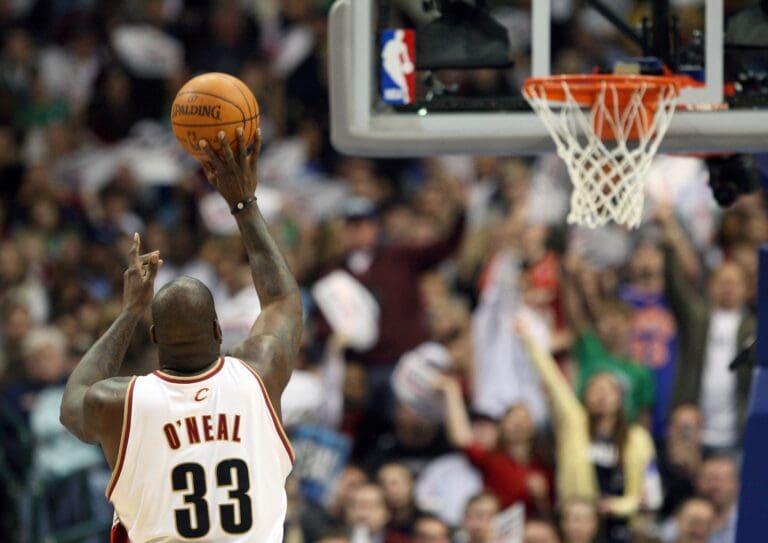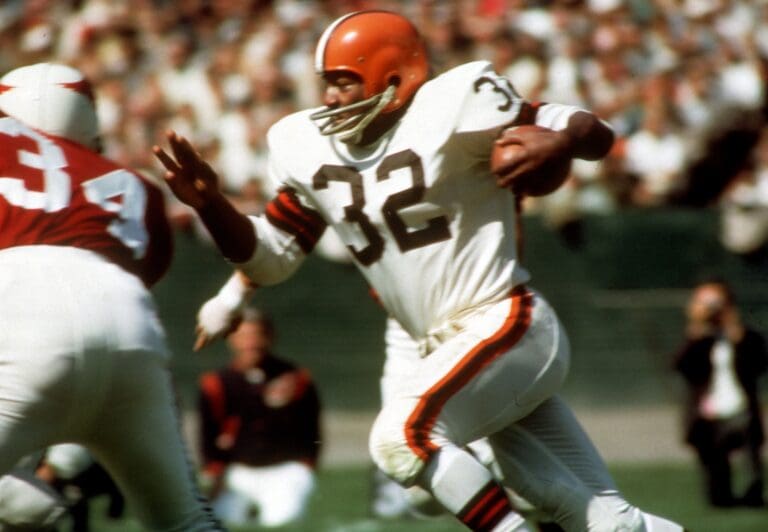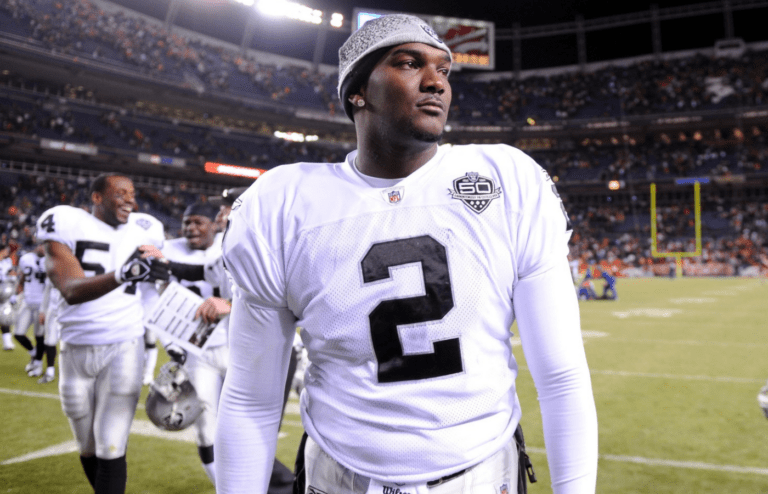Trump Targets NIL Money in Controversial Move
The NIL era has transformed college athletics, giving student-athletes long-overdue financial freedom. But that newfound freedom may soon be under threat. According to Front Office Sports, President Trump is actively preparing to sign an executive order that would limit how much college athletes can earn through their Name, Image, and Likeness (NIL) deals.
This potential move would represent a seismic shift, favoring NCAA institutions and power conferences looking to regain control over athlete compensation. At minimum, the order is expected to either create a commission to oversee NIL regulations or directly limit player earnings, a clear signal of institutional lobbying gaining traction in Washington.
While the NFL has been largely unaffected by NIL rules, since they govern amateur athletes, the long-term implications could influence future pro talent pipelines. Schools with smaller NIL budgets have been pulling in high-profile recruits, narrowing the gap between powerhouse programs and upstarts.
That shift hasn’t sat well with traditional powerhouses like Alabama, whose former head coach Nick Saban reportedly discussed the issue with Trump directly.
The proposed executive order could also classify college athletes as “non-employees”, a legal gray area that player advocacy groups have been fighting hard to eliminate. This would further reduce athletes’ bargaining power and access to shared revenue.
Read More: ‘We’re Breaking It’: Commanders GM Speaks On Donald Trump
A Growing Divide in College Sports
The controversy stems from a major legal milestone: the House v. NCAA case, which led to a $2.75 billion settlement, further lifting restrictions on TV revenue sharing. Ever since, top schools have been scrambling to adjust to a new economic reality.
Programs like Auburn, LSU, and Georgia now outspend Alabama in NIL investments, flipping the recruiting landscape. Meanwhile, ACC schools like Florida State, Clemson, and North Carolina have become unexpected leaders in NIL spending.
If enacted, Trump’s order would likely favor larger institutions, reduce player agency, and shrink the NIL pool. A far cry from the freedom NIL initially promised.
An executive order limiting NIL earnings could trigger the most dramatic shift in college athletics since the rule’s inception. While aimed at preserving competitive balance, the reality may be a step backward for players’ rights in a system long built on their unpaid labor.
In the end, the question remains: Who truly benefits from this crackdown, schools or the athletes?
Read More: Championship Teams That Have Visited Trump In The White House

